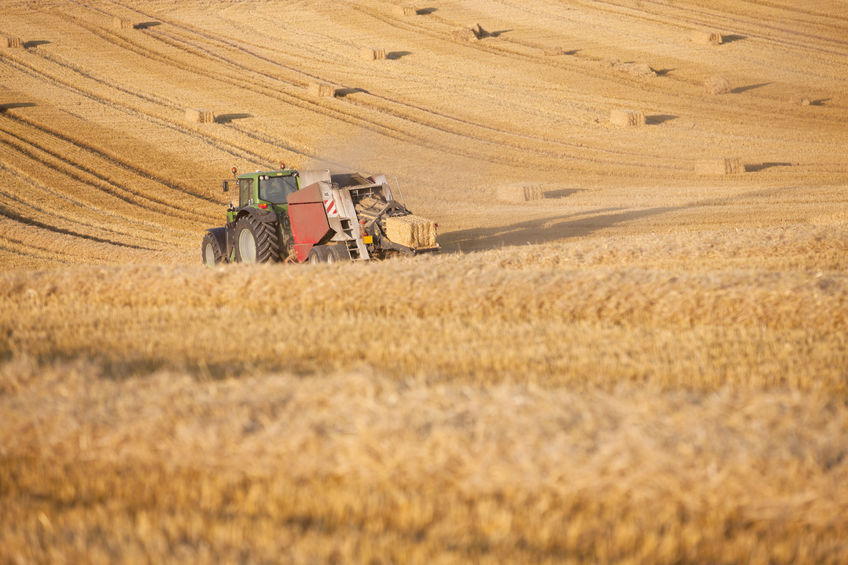Farmers call for relaxation of regulations following drought summit

The farming industry is calling for regulations to relax during the drought to help mitigate the impact of the ongoing heatwave.
The prolonged, bitterly cold and wet winter at the start of the year followed by a short, late spring and baking-hot, arid conditions over the summer, has presented the farming community with an unprecedented set of difficulties.
The impacts of this year’s conditions are likely to be felt for some time to come.
Farming leaders and stakeholders met today (1 August) at the agricultural drought summit hosted by the NFU and attended by Defra Secretary Michael Gove, the Environment Agency, Natural England, the Country Land and Business Association (CLA) and the Rural Payments Agency (RPA).
The organisations discussed the impacts of the hot and dry weather at the specially convened roundtable.
Following the summit, the Environment Agency (EA) has issued guidance to farmers detailing options to flex abstraction licences in serious cases.
The arrangements will allow farmers to trade water allowances - as set out in their abstraction licence - on a short-term basis, without the need to change their licence.
The EA will fast-track the process to enable farmers to act quickly and arrangements will be agreed locally where the EA is satisfied that there will not be any adverse effects on the environment or the rights of other lawful water users.
The EA also monitors river flow and will maximise access to water when it is available, such as following heavy rain.
In severe cases where there is a real or imminent threat to crops and livestock, the EA may temporarily allow additional, emergency abstraction.
Each case will be assessed to minimise impacts to the environment or the rights of other water users.
'Very concerned'
CLA President, Tim Breitmeyer said farmers and landowners are "very concerned" by the current extreme weather conditions which are having "serious consequences" across most farming sectors and affecting food production.
“It is vital to relax the rules and allow farmers and land managers flexibility to abstract water without penalties and to consider early payments from the RPA to assist with cash-flow issues during this heatwave,” mr Breitmeyer said.
“One solution to ease this drought situation which could potentially increase year-on-year due to climate change, is to focus on long-term water management.
He added: “We need investment now to secure future water supplies so that the impact of such extreme weather does not have a detrimental effect on food production and the environment over the next 50 years and more.”
'Difficulties'
Areas of concern for the farming industry include short and long-term challenges including the availability of forage for livestock and dairy farmers, meaning producers are being forced to eat into winter fodder supplies.
Available water resources for irrigated crops and abstraction restrictions for some farmers is also a concern, and growing conditions for cereals and rain-fed crops, and a risk of standing crop fires.
Tenant Farmers' Association (TFA) Chief Executive, George Dunn said that livestock and dairy farmers are in "some of the most vulnerable positions" with little by way of grass and fodder available for feeding now, and too little stored up for the winter months having eaten into previous stocks earlier in the year.
“Everybody in the supply chain needs to work constructively to overcome these difficulties,” Mr Dunn said.
“Domestic retailers and food service operations must continue to do their bit by sourcing UK product where possible, and must not seek to profit unduly by raising consumer prices given the strong margins they are able to secure in normal circumstances,“ said Mr Dunn.
“The Government must act by being flexible within the regulatory environment, and to ensure that payments due to the farming community through agricultural and environmental schemes arrive on time.
“Budgets and cash flows are already under pressure, and this must not be compounded by poor scheme administration by the Rural Payments Agency and Natural England,” said Mr Dunn.








